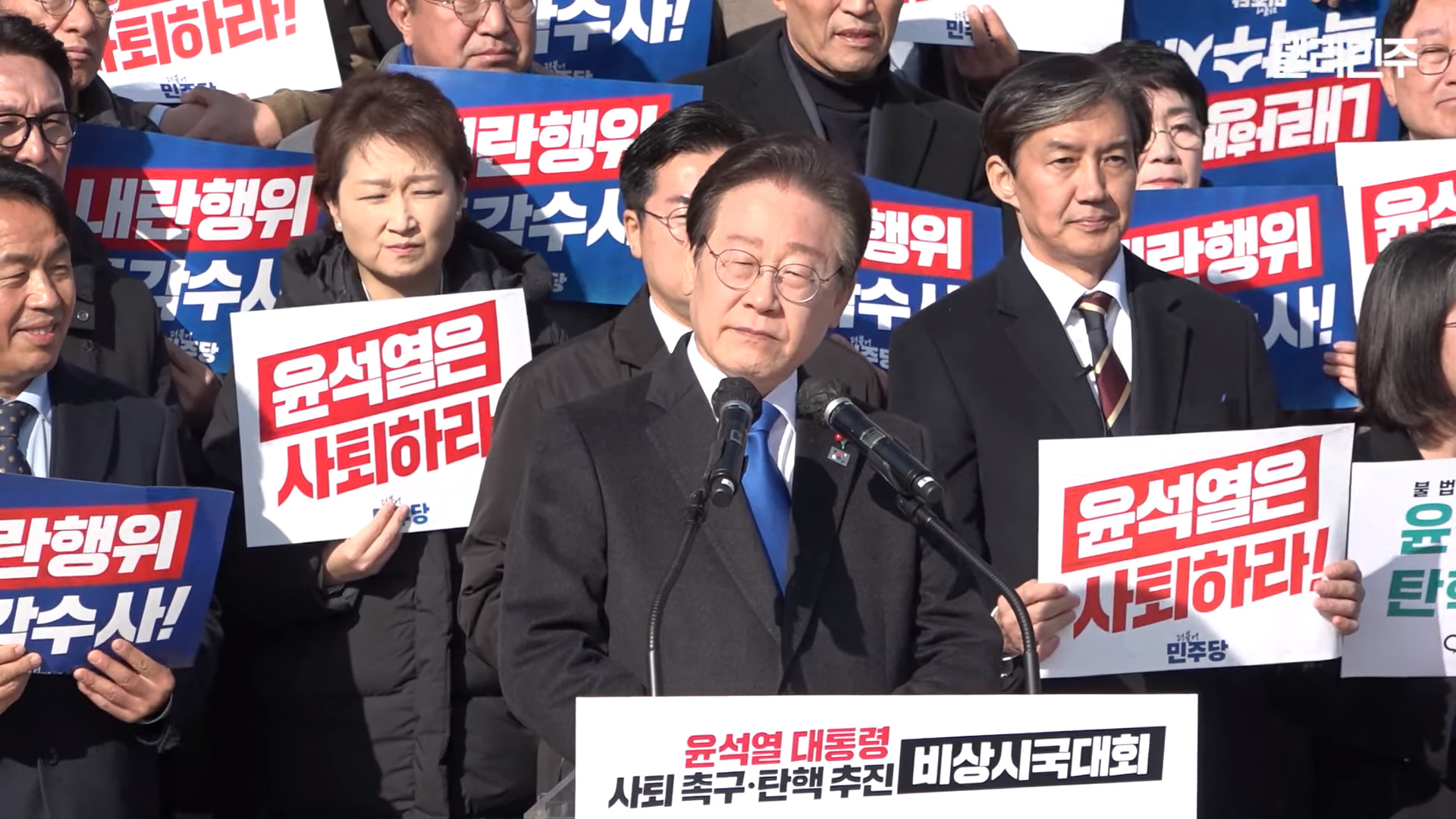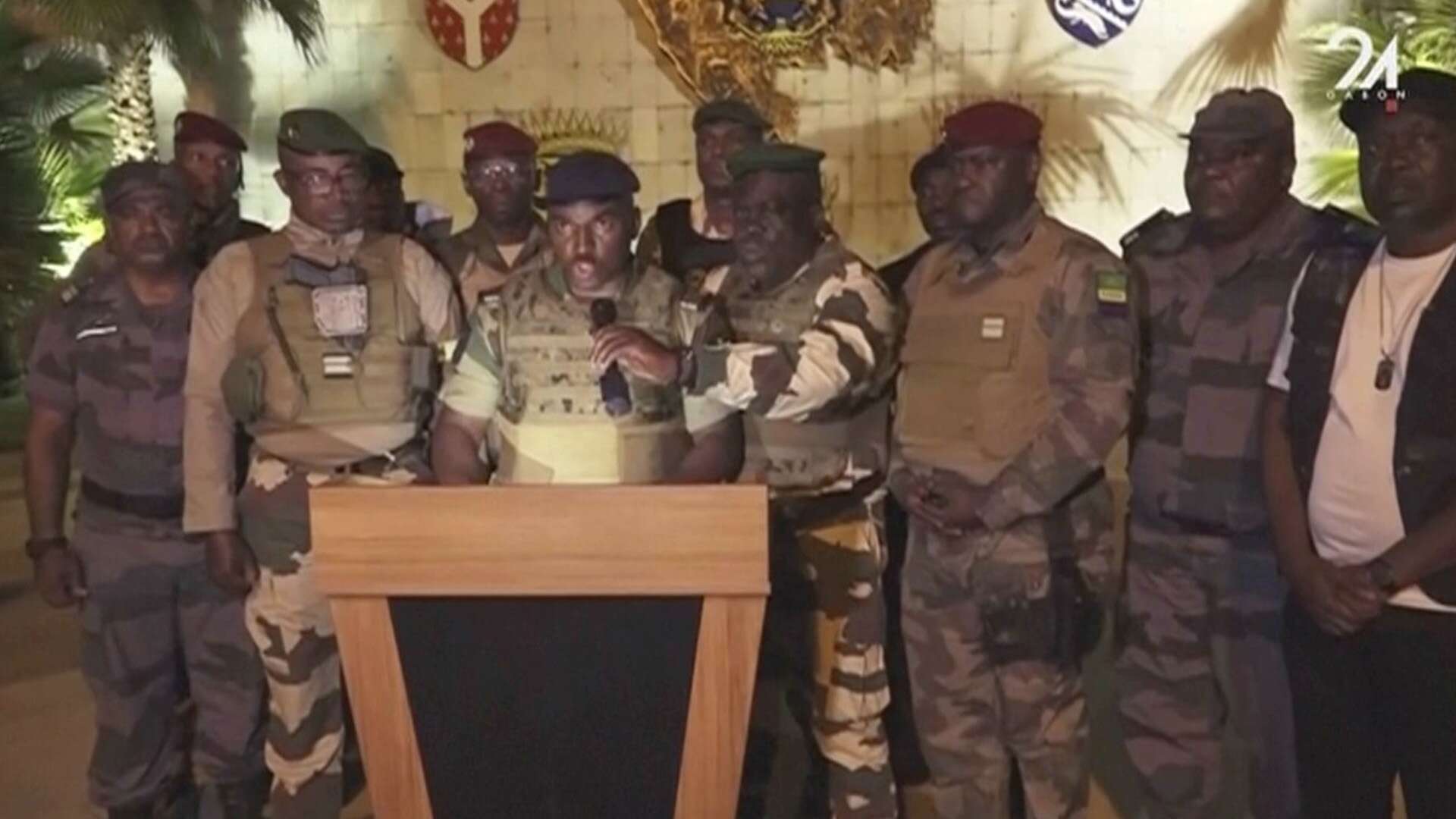The military hit the coup in Sudan and dissolve the transitional government
- The Army has arrested Head of State, Abdalla Hamdo, and other Army ministers. During the transition to democracy, civilian and military leaders have been sharing power, but the tension between them has been unleashed. In this emergency situation, the Transitional Government has ensured that its legitimate authority remains yours.

After several failed attempts in recent months, the military finally managed, on Monday, to take control of the country’s Sudan. The Army has given a coup d ' état, led by Abdel Fatah al-Burhan, which has announced the dismantling of the transitional government and the sovereign council, military sources have been reported. Prime Minister and other ministers, Abdalla Hamdo, were initially subjected to house arrest, but were later transferred without specifying where they were to be taken.
However, breaking the silence of a day after the coup, the Sovereign Transitional Council has issued a communiqué stating that it continues to have legitimate authority and that the "unilateral measures and unilateral decisions" taken by the military have no constitutional basis, while many people fail to comply with the law.
The state of emergency has been declared in Sudan and local media have reported that both the entrance and the airport of the capital, Khartum, have been closed. They have also taken control of television, radio, the Internet and the telephone line. The military chief, Al-Burhan, said that the coup was "necessary" and that in order to ensure the country's "peace and security", the transitional government had to be suspended. Instead, it has announced the implementation of a "technocratic government". He explained his intention to convene elections in two years and delegate power to a "civil government", Urquijo said.
Driven by the deposed Hamdoke by the Army, citizens have taken to the streets of Khartum to call for civilians to return to power. According to BBC sources, soldiers are shooting at the public and have killed at least ten people in the city centre. The military is looking for the organizers of the home protests, who accuse them of being the ones who are stopping them. Mass mobilizations are spreading throughout the country and several trade unions have called for an indefinite strike to protest against the crisis.
The transition to democracy, in crisis
International representatives, such as those of the United States, the United Nations and the African Union, have expressed concern about the situation, but have not been able to do so. The demonstrators have called for the release of the detained authorities and for talks to begin.
So far, there was a transitional democracy government in Sudan, consisting of representatives of civilians and the military. Tensions between the two sides have been experienced from the outset, but in recent months they have increased mutually, accusing each other of the country ' s crisis.
On April 11, 2019, President Omar al-Baxir, who had been in power for 30 years, was overthrown. The serious economic situation in the country and the shortage of raw materials led to protests by the citizens, which ended the expulsion of the Al Baja Army. That year the Sovereign Council was established between civilians and the military, with the aim of making a transition to democracy and reactivating the economy. Elections were agreed in 2022. However, with this latest coup d ' état, the agreements reached so far have been called into question.
Mali (2020), Guinea (2021), Burkina Faso (2022) Niger (2023) and now Christmas. Each State has its own socio-political reality, and the Western view cannot make generalities. Every coup has its peculiarities and reasons, because Africa is vast and each people has its own... [+]






















